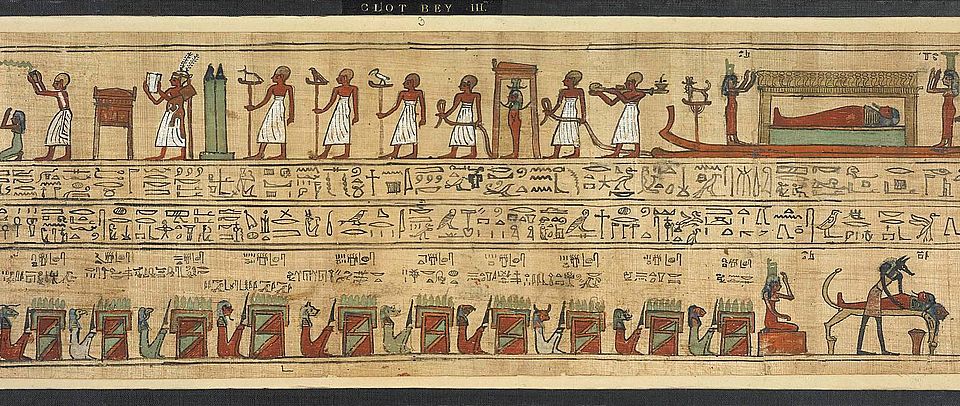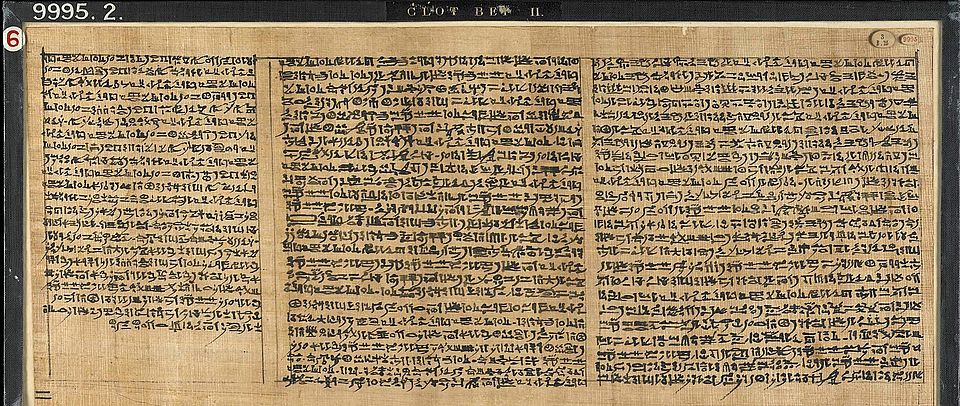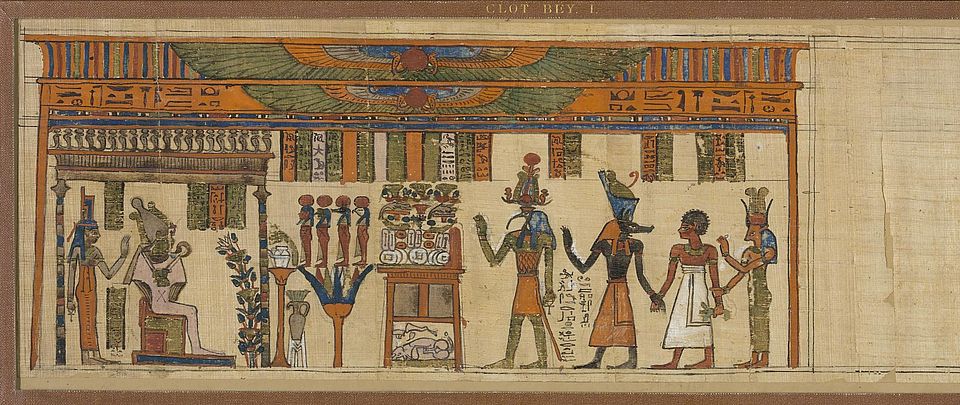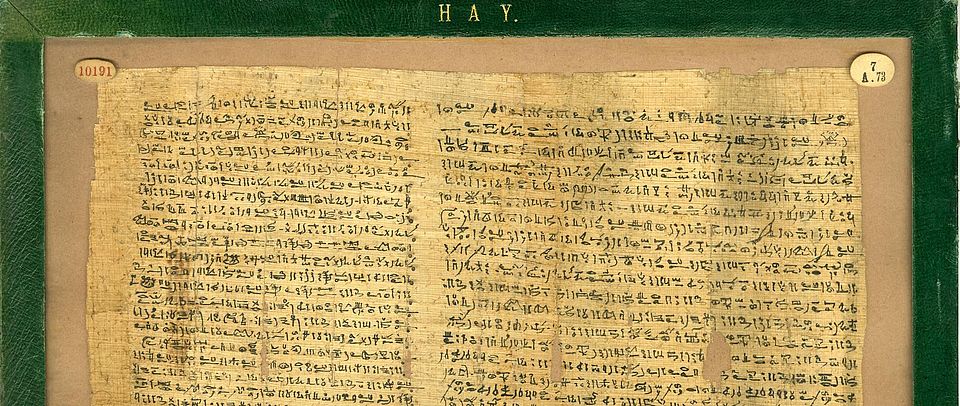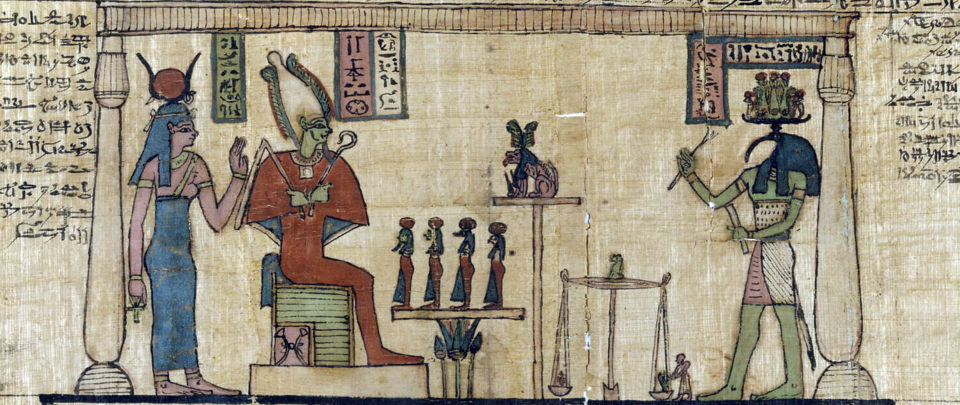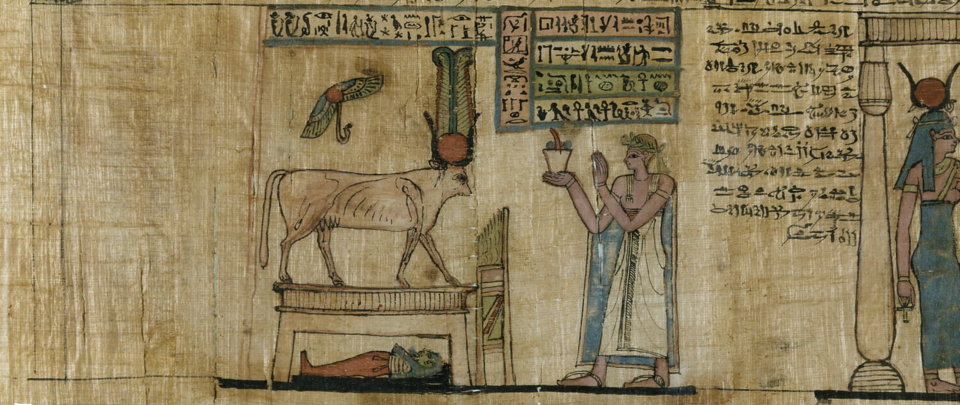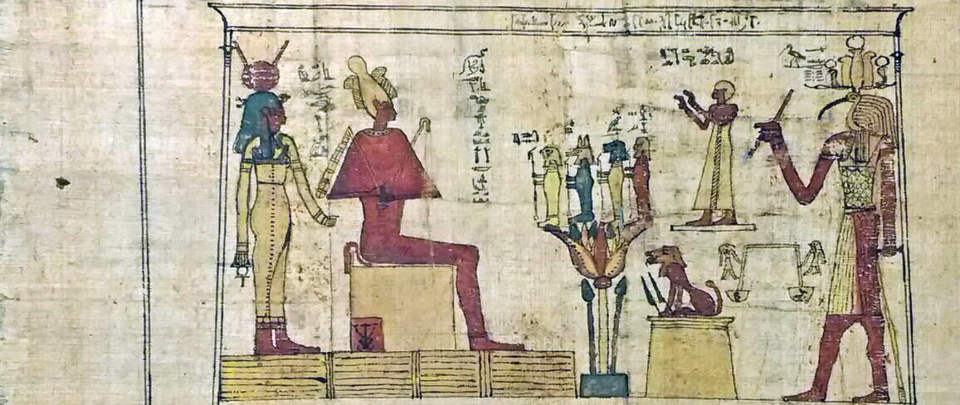SNF PRIMA project
Beyond the Text. New Funerary Compositions from the Greco-Roman Period: Textualities and Archaeology in Thebes
Ancient Egyptian culture leaves behind an extremely rich corpus of funerary texts, of which the Book of the Dead is perhaps the best known example. In the Ptolemaic period (332-30 BC), new compilations with different contents and formats emerged, gradually displacing this famous compendium. This project proposes a thorough investigation of this phenomenon, offering an in-depth study and contextualized knowledge of this emerging literature as a successor to an ancient practice and part of a reformulated tradition.
Through the study of the existing copies, the project aims to analyze the evolution of the emerging compilations and the transmission of these texts so that we can understand them through the notion of (re)productive tradition. The research will focus on the ideas or principles that govern the long and abridged versions of the same composition and the development of derivative or composite documents, seeking to explain the processes of de-formalization and re-formalization of textuality.
Although their exact origins often remain unknown, these new testimonies are said to originate from Thebes. This encourages us to consider the special role of this region, whose archaeological and religious peculiarities the project intends to exploit in order to integrate this documentation with local funerary practices and to take into account the influence of neighboring cults.
The research will also focus on the beneficiaries of these compositions, either as individuals or as groups, in order to highlight the sociocultural factors that favored the emergence and development of this literature. This work will therefore refocus the emerging funerary compositions on the living and the socio-cultural changes that shaped the Theban region during the Ptolemaic and Roman periods.
The project combines funerary, documentary, and archaeological sources, develops tools for philological and linguistic analysis, and applies specific methods of archaeology, iconography, and prosopography to contextualize this written tradition. The project therefore integrates Theban mortuary literature and practice into the history of now multicultural Greco-Roman Egypt in an interdisciplinary manner, contributing not only to the history of religions but also to intercultural dialogue.
Project Manager
Aims of the project
The project has several main scientific objectives:
- Creation of a comprehensive and detailed inventory of the various manuscripts that reproduce emerging compilations from the Greco-Roman period.
- Establish a database that will contribute to the implementation of the project and will be made available to the scientific community.
- Identify new documents and publish unpublished manuscripts to complete the documentation.
- Embed these textual productions in the Theban archaeological landscape by examining local funerary material using archaeological and historiographical approaches.
- Investigating the identity and functions of the beneficiaries and their family.
- Analyzing the emerging funerary offerings through their specimens and tracing their evolution through a transtextual approach.
- Consideration of iconography and comparison between manuscripts and grave goods.
- To consider the interactions between changes in Greco-Roman funerary literature and funerary and ritual practices in the Theban region.
- To examine the sociocultural circumstances that accompanied the emergence and development of new funerary compilations in Thebes as they gradually replaced the deeply rooted tradition of the Book of the Dead, and the role of these creations in a now multicultural society.
For more news about the Beyond the Text project, visit the project's website at the following address: beyondthetext.ch.
Team
Cooperation partners
Fruitful collaborations have been established with numerous museums. Some of them have even led to publication projects. We would like to take this opportunity to thank all of them for their valuable contribution to the project.
Funding
The PRIMA project Beyond the Text is funded by the Swiss National Science Foundation (SNSF). The University of Basel supports the project through its infrastructure and logistics.
We are pleased to express our gratitude to these institutions.
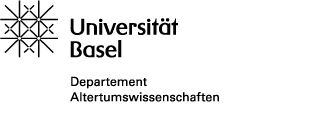

Contact
Project management
Secretariat
The secretariat is open in the morning from 9:00 to 12:00 and on Monday, Thursday and Friday also in the afternoon from 14:00 to 16:00.
Phone: +41 61 267 30 60
Fax: +41 61 267 23 41
Mail: aegyptologie@unibas.ch
Contact form
Bildnachweis
BM EA 9995.1 © The Trustees of the British Museum, https://www.britishmuseum.org/collection/object/Y_EA9995-1
BM EA 9995.2 © The Trustees of the British Museum, https://www.britishmuseum.org/collection/object/Y_EA9995-2
BM EA 9995.3 © The Trustees of the British Museum, https://www.britishmuseum.org/collection/object/Y_EA9995-3
BM EA 10114 © The Trustees of the British Museum, https://www.britishmuseum.org/collection/object/Y_EA10114
BM EA 10115 © The Trustees of the British Museum, https://www.britishmuseum.org/collection/object/Y_EA10115
BM EA 10191 © The Trustees of the British Museum, https://www.britishmuseum.org/collection/object/Y_EA10191
BM EA 10314 © The Trustees of the British Museum, https://www.britishmuseum.org/collection/object/Y_EA10314
Louvre N 3284 © 2018 Musée du Louvre / Hervé Lewandowski, https://collections.louvre.fr/ark:/53355/cl010003282
Louvre N 3284 © 2018 Musée du Louvre / Hervé Lewandowski, https://collections.louvre.fr/ark:/53355/cl010003282
Louvre N 3126 © 2018 Musée du Louvre / Antiquités égyptiennes, https://collections.louvre.fr/ark:/53355/cl010448701
Amherst 39 © The Morgan Library and Museum, https://www.themorgan.org/manuscript/351101
Lausanne 3391 © Musée cantonal d'archéologie et d'histoire, Lausanne. Photo Fibbi-Aeppli

